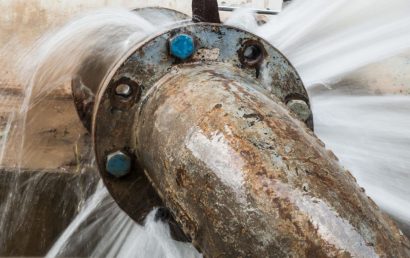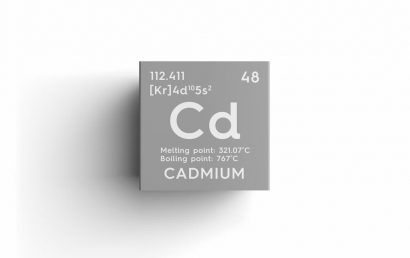Enhancing Machining Performance: The Role Of Thermal Spray Coatings And Nickel-Based Alloys
What’s so great about nickel-based alloys? Among its numerous characteristics are properties like wear resistance and chemical resistance. Additionally, at high or increased temperatures, it maintains a high level of strength. But, as with most things, there can be a slight problem. When it comes to machining, especially if milling is required, it can be very challenging to work with nickel-based alloys. Tool life is short and only low cutting speeds can be used because of the hardness of nickel-based alloys. The machining process can end up being expensive and difficult.
Something had to be done to assist machining companies. To help overcome the machining challenges presented by nickel-based alloys, surface engineering ended up playing a very significant role. The gauntlet had been thrown down!
Where There Is a Challenge…
Here are the nickel-based alloy challenges being dealt with when it came to machining:
- At high temperatures, the high-strength of the material
- Chatter (or vibration) can be caused by deflection created by the low E modulus
- Resulting from low thermal conductivity through the workpiece and chips, at the cutting edge, high thermal stress could occur
Excessive research needed to be done to develop the technology and tools that would eventually improve efficiency. Additional goals of the research team would be improving speed and reducing wear when nickel-based alloys were being used.
… There Is a Solution
Once the goal was established, research began. To test cutting tools against various parameters, a series of coatings were developed. The basic focus would be temperature, forces, geometry, and cutting tool material.
The hard coatings tested would exhibit high mechanical and high thermal stability, good adhesion, and low friction coefficient. Researchers were particularly interested in Multilayer, Nanocomposite, and Oxynitridic.
- High crack resistance was offered by Multilayer
- High mechanical strength was offered by nanocomposite
- High thermal stability by Oxynitridic
Results of the Research
To improve the machining of nickel-based alloys, the mechanical stability and thermal stability of the coating systems and substrates figured in exponentially.
The coating system TiXCo increased significantly the mean cutting length.
When compared to uncoated tools, reduced tool wear was observed through the use of AlTiCrN coatings.
During the milling of a test piece, the thermal and mechanical load was considerably resisted by the use of a nanocomposite top layer of AlTiCrN coating systems. There was a 40% increase in tool life with tools that had been used, originally, for the cutting process.
The final verdict: a significant impact on the quality, cost, and efficiency of machining can be experienced depending on surface engineering.
A&A Coatings deals with surface finishing services for machining as well as thermal spray protective coatings for a wide array of parts, machines, components, products, services, and much more. We use state-of-the-art equipment and the latest proven technology available. For over 70 years A&A Coatings has been providing protective coatings for a multitude of industries. Contact us today to find out what this kind of technology can do for your industry, your business, and your bottom line. We have experienced, knowledgeable representatives to assist you with questions or concerns.



